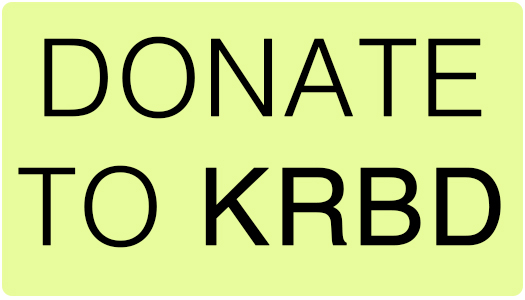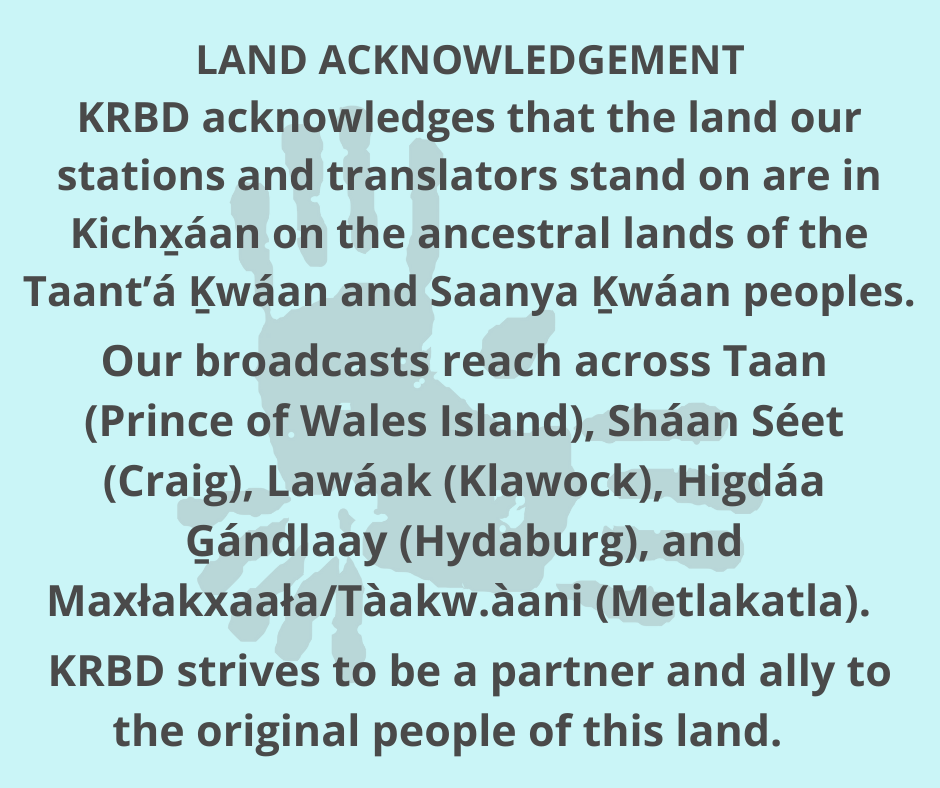
Alaska’s whooping cough epidemic has officially spread to Ketchikan, and officials want the public to be aware so they can protect themselves.
Pertussis, commonly called whooping cough, is a highly contagious respiratory illness that has recently spiked nationwide. It can be fatal in infants, the elderly, and anyone with a compromised immune system.
Jennifer Bergen is a public health nurse in Ketchikan, and she said there have been several pertussis cases in Ketchikan schools and elsewhere. Symptoms are similar to the common cold but can be distinguished by a severe, bark-like cough.
“It’s that intense coughing, coughing to the point where it can be difficult to breathe,” Bergen said. “A lot of people experience vomiting after or during a coughing fit, and then it doesn’t go away.”
Bergen said the cough tends to linger for weeks, up to three months. She said pertussis has spread to most of Southeast Alaska’s hub communities, including Juneau and Sitka.
Whooping cough is preventable through the DTap and TDap vaccines. Bergen said the vaccine is recommended for everyone, and adults need a booster every ten years. You can check your family’s vaccination records using the state’s Docket app.
Bergen said if you suspect you have pertussis, to stay home and call your healthcare provider right away. The illness can be treated with antibiotics.
But Bergen said, unlike COVID, pertussis can only spread once symptoms start.
“So no, you don’t have to isolate and stay home if you do not have symptoms,” Bergen said. “You’re only able to spread it to others if you are experiencing those signs and symptoms.”
As with any illness though, Bergen said if you are feeling sick, stay home.








